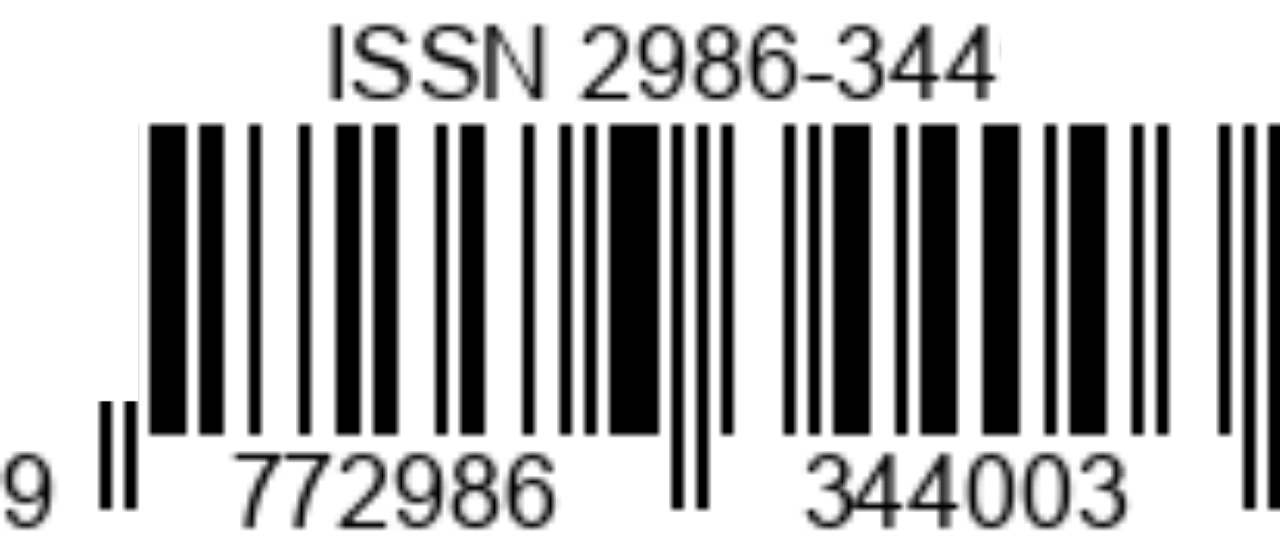Korupsi 4.0: Membangun Sistem Pencegahan Korupsi di Era Transformasi Digital.
Keywords:
Corruption 4.0, e-Government, blockchain, big data, anti-corruption technology, Indonesia.Abstract
Corruption in Indonesia remains a significant challenge despite the implementation of
various policies. With the advent of the Fourth Industrial Revolution, digital technologies
such as e-Government, blockchain, big data, and smart analytics offer new opportunities to
mitigate corruption. This study aims to explore the role of technology in strengthening
transparency, accountability, and oversight within the public sector in Indonesia. A literature
review of accredited local journals reveals that the implementation of digital technologies in
Indonesia faces several challenges, including limited infrastructure, resistance due to
bureaucratic culture, and low human resource competencies. On the other hand,
technologies like blockchain can enhance the integrity of public transaction data, while big
data can help detect patterns of corruption through data analytics. The research findings
show that although e-Government initiatives have been implemented, disparities in access
and digital readiness in remote regions remain significant obstacles. Therefore, there is a
need for more equitable infrastructure investment, stronger regulations regarding data
security, and capacity-building efforts for human resources. Additionally, cultural shifts
within the bureaucracy and cross-sector collaboration between the government, private
sector, and civil society are crucial to ensuring that technology can be effectively used in the
fight against corruption. This study recommends a series of strategic measures to strengthen
the application of technology in creating a more transparent and accountable anti-corruption
system in Indonesia.







